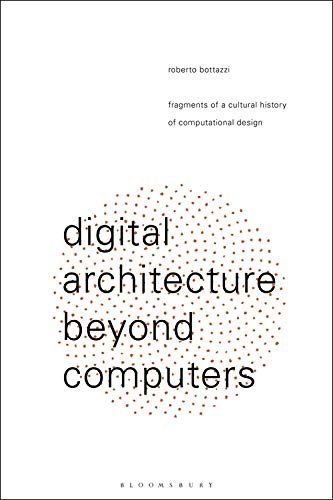
Digital Architecture Beyond Computers Fragments of a Cultural History of Computational Design
Digital Architecture Beyond Computers explores the deep history of digital architecture, tracing design concepts as far back as the Renaissance and connecting them with the today's latest software. It develops a critical account of how the tools and techniques of digital design have emerged, and allows designers to deepen their understanding of the digital tools they use every day. What aesthetic, spatial, and philosophical concepts converge within the digital tools architects employ? What is their history? And what kinds of techniques and designs have they given rise to? This book explores these questions, showing how digital architecture brings together complex ideas and trajectories which span several domains, and have evolved over many centuries. It sets out to unpack these ideas, trace their permeation into architecture, and re-examine their use in contemporary software. Chapters are arranged around the histories of eight 'fragments' – each a fundamental concept embedded in popular CAD applications: database, layers and fields, parametrics, pixel, programme, randomness, scanning, topology and voxel/maxel – with each theme examined through a series of historical and contemporary case studies. The book connects the digital design process with architectural history and theory, allowing designers and theorists alike to develop more analytical and critical tools with which to conceptualise digital design.